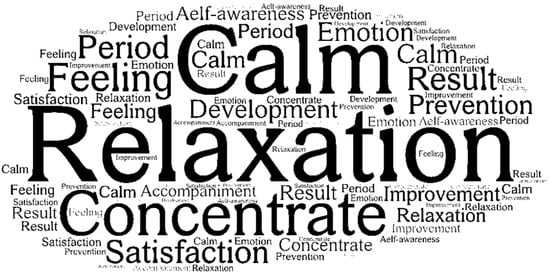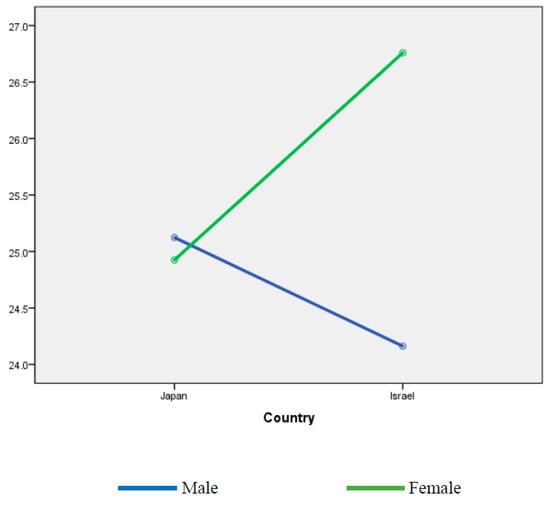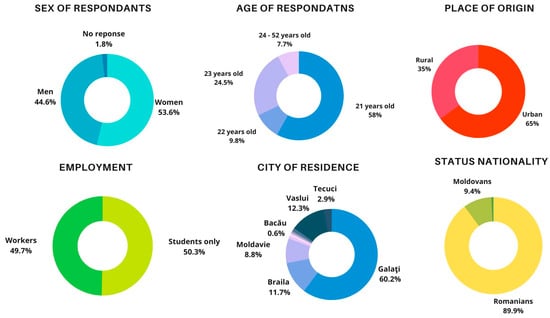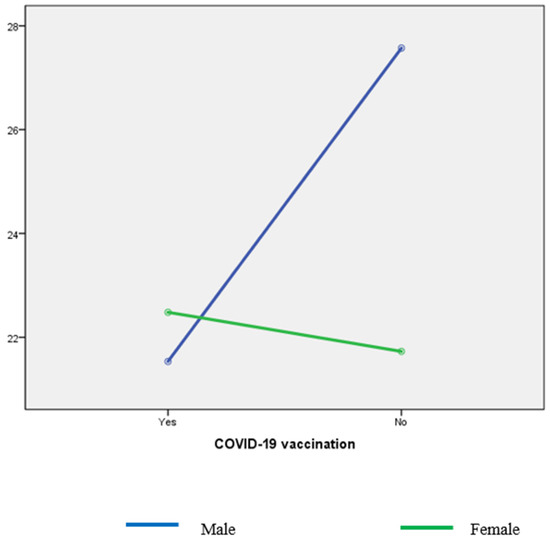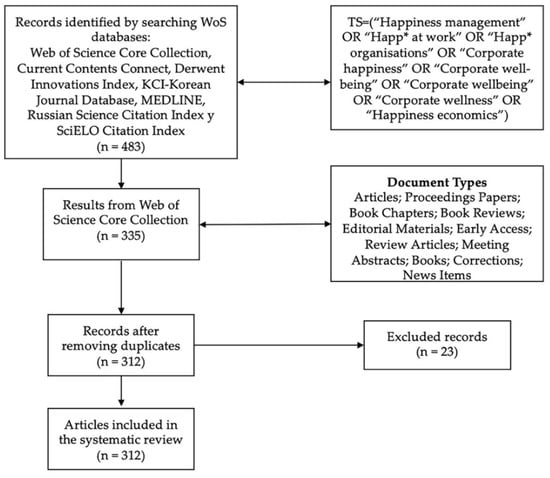Student Stress: Comparative Study in Europe—Developments and Proposals to Improve Their Living Conditions (Closed)
A topical collection in Social Sciences (ISSN 2076-0760).
Viewed by 73608Editor
Interests: Sociology of organization, Sociology of association and volunteering, Sociology of sport and leisure.
Special Issues, Collections and Topics in MDPI journals
Topical Collection Information
Dear Colleagues,
Recent studies (Conley et al. 2013, Eicher et al. 2014, Reddy et al. 2018, Cohen et al. 2019) have shown a high level of stress among university students. According to surveys, 35% of students in higher education are anxious (Bayram and Bilgel 2008, Eisenberg and al. 2007, Ozen and al. 2010) and 30% are depressed (Ibrahim and al. 2013). A survey by the American College Health Association (2015) shows that stress has become the most serious obstacle for study among American students. According to Collier (2019), 45% of UK students report feeling stressed about their course. Additionally, in light of the COVID-19 pandemic there has been a significant increase in stress among students. According to a study by Son et al (2020), 70% of students surveyed reported increased stress and anxiety due to COVID-19. An international comparative study (Aristovnik et al. 2020) highlights a strong correlation between the negative effects of COVID-19 and students' living standards (with the poorest being highly exposed). Voltmer et al (2021) showed that the impact of COVID-19 on general health, stress and depression is significant for already fragile German students. In France, the INSERM study concluded that the negative effects of COVID-19 are stronger for students than for nonstudents (37% report depressive symptoms against 20% of nonstudents).
The aim of this Special Issue of Social Sciences is to evaluate the stress experienced by students in various European countries (France, Switzerland, Italy, Spain, Greece, Hungary, Romania, etc.). It will be comprised of two parts. The first part will provide an overview of student stress in different European countries and a comparative analysis between stress levels and the school, educational, economic, cultural and social conditions of the populations studied. The second part will propose ways of coping with stress. The authors' contributions will seek to describe and analyse means of reducing stress, on the basis of experiments and qualitative analyses carried out among students. These means can be educational, therapeutic, socialisation, relaxation and yoga activities, sports and cultural activities.
Contributions to this Special Issue should coincide with one of these two sections. Ultimately, our intention is to show how it is possible to act on students' stress and improve their living conditions.
Bibliography
American College Health Association. (2015). National College Health Assessment II: Reference Group Executive Summary Spring 2015. Hanover, MD: ACHA.
Aristovnik A, Keržič D, Ravšelj D, Tomaževič N, Umek L. (2020). « Impacts of the COVID-19 pandemic on life of higher education students: a global perspective”. Sustainability. 12(20). 8438.
Son C., BS, Hegde S., Smith A., Wang X., Sasangohar F. (2020). “Effects of COVID-19 on College Students’ Mental Health in the United States: Interview Survey Study”. J Med Internet Res. 22(9).
Cohen S, Kamarck T, Mermelstein R. (1983). “A global measure of perceived stress”. J Health Soc Behav. 24(4). 385-96.
Conley C, Travers L, & Bryant F. (2013). “Promoting psychosocial adjustment and stress management in first-year college students: the benefits of engagement in a psychosocial wellness seminar”. Journal of American College Health, 6 (2), 75-76.
Eicher V, Staerklé C, Clémence A. (2014). “I want to quit education: a longitudinal study of stress and optimism as predictors of school dropout intention”. J. Adolesc. 37. 1021-1030. doi: 10.1016/j.adolescence.2014.07.007.
Eisenberg D, Hunt J and Speer N. (2013). “Mental health in American colleges and universities: variation across student subgroups and across campuses”. J. Nerv. Ment. Dis. 201. 60-67. doi: 10.1097/NMD.0b013e31827ab077
Macalli M, Texier N, Schück S, Côté S.-M, Tzourio C. (2021). “A repeated cross-sectional analysis assessing mental health conditions of adults as per student status during key periods of the COVID-19 epidemic in France”. Scientific Reports. doi: 10.1038/s41598-021-00471-8.
Voltmer E, Köslich-Strumann S, Walther A, Kasem M, Obst K and Kött T. (2021). “The impact of the COVID-19 pandemic on stress, mental health and coping behavior in German University students – a longitudinal study before and after the onset of the pandemic”. BMC Public health. 21. 1385.
Prof. Dr. Denis Bernardeau-Moreau
Guest Editor
Manuscript Submission Information
Manuscripts should be submitted online at www.mdpi.com by registering and logging in to this website. Once you are registered, click here to go to the submission form. Manuscripts can be submitted until the deadline. All submissions that pass pre-check are peer-reviewed. Accepted papers will be published continuously in the journal (as soon as accepted) and will be listed together on the collection website. Research articles, review articles as well as short communications are invited. For planned papers, a title and short abstract (about 100 words) can be sent to the Editorial Office for announcement on this website.
Submitted manuscripts should not have been published previously, nor be under consideration for publication elsewhere (except conference proceedings papers). All manuscripts are thoroughly refereed through a double-blind peer-review process. A guide for authors and other relevant information for submission of manuscripts is available on the Instructions for Authors page. Social Sciences is an international peer-reviewed open access monthly journal published by MDPI.
Please visit the Instructions for Authors page before submitting a manuscript. The Article Processing Charge (APC) for publication in this open access journal is 1800 CHF (Swiss Francs). Submitted papers should be well formatted and use good English. Authors may use MDPI's English editing service prior to publication or during author revisions.
Keywords
- student
- stress
- comparative analysis
- relaxation
- sport activities
- social activities
- educational activities





